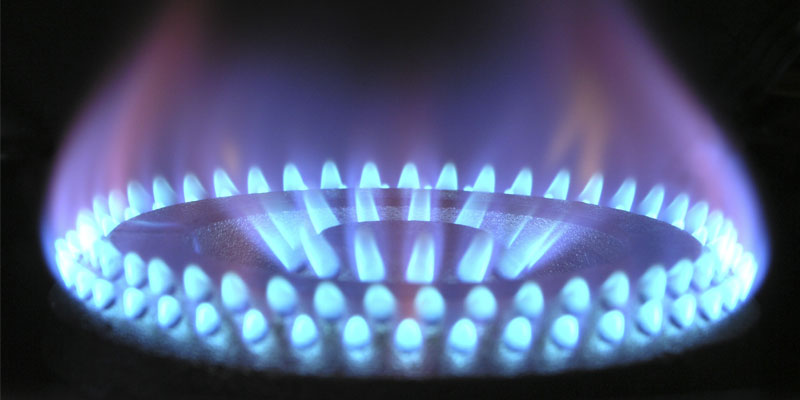Disability and fuel poverty
-
Case study
- Health and Wellbeing
- Justice and Equality
Our research enabled a more nuanced understanding of why some households are more vulnerable to fuel poverty and how policy can support them.

The release of the NICE Guidance NG6 galvanised North Yorkshire County Council and its partners and they identified the need for coordinated action to tackle the high number and variation in preventable Excess Winter Deaths each year.
The issue
In 2012, disabled people were identified by the government’s fuel poverty strategy as being one of three groups most vulnerable to fuel poverty; however, there was little evidence about why this was, or whether existing policy measures were providing sufficient support.
At the same time, working-age disabled people in receipt of welfare benefits were one of the groups most affected by welfare reforms, demonstrated by the change from Disability Living Allowance to Personal Independence Payments.
The research
We investigated the relationship between fuel poverty and disability within the context of welfare reforms and austerity.
We analysed data from the English Housing Survey to demonstrate the impact of policy measures on disabled people.
We looked at the impact of counting certain disability-related benefits as disposable income; a decision that lowered the number of disabled people defined as fuel poor.
We also explored the number of disabled people on Pre-Payment Meters who could ‘self disconnect’ from their energy supply if they were unable to pay for it, despite policy recommending that no vulnerable customer should be disconnected.
Our research has led to the development of a clear research agenda that has made a substantial contribution to academic knowledge.
Two academic papers from the Eaga CT project sought to further develop our conceptual understanding of fuel poverty, bringing key social policy concerns, such as poverty, disability, and benefit entitlement, into debates about fuel poverty.
In theoretical terms the research has also drawn heavily on the concepts of ‘energy justice’ and ‘recognition justice’, arguing that a lack of understanding about the relationship between disability and fuel poverty has led to a lack of nuance within policy decisions.
The outcome
The outputs of our research directly fed into the National Institute for Health and Care and Excellence’s (NICE) guidelines Excess Winter Deaths and Illness and the Health Risks associated with Cold Homes (known as NG6, published in 2015).
A wide range of organisations including local authorities, the NHS, energy companies and NGOs have used these guidelines to develop and shape policies and practice.
We have continued to develop this body of research, working closely with Disability Rights UK (DRUK), The Children’s Society, the Association for the Conservation of Energy, and Citizen’s Advice to produce guidance for policymakers and practitioners to identify and support households vulnerable to fuel poverty.

Carolyn Snell
Dr Snell has an interdisciplinary research background. Her recent research and publications have largely focused on energy policy in the UK, with a particular interest in fuel poverty.

Mark Bevan
Dr Bevan has a keen research interest in housing issues in rural areas. He has also worked on a number of projects on a range of issues in relation to housing and neighbourhoods in later life.
